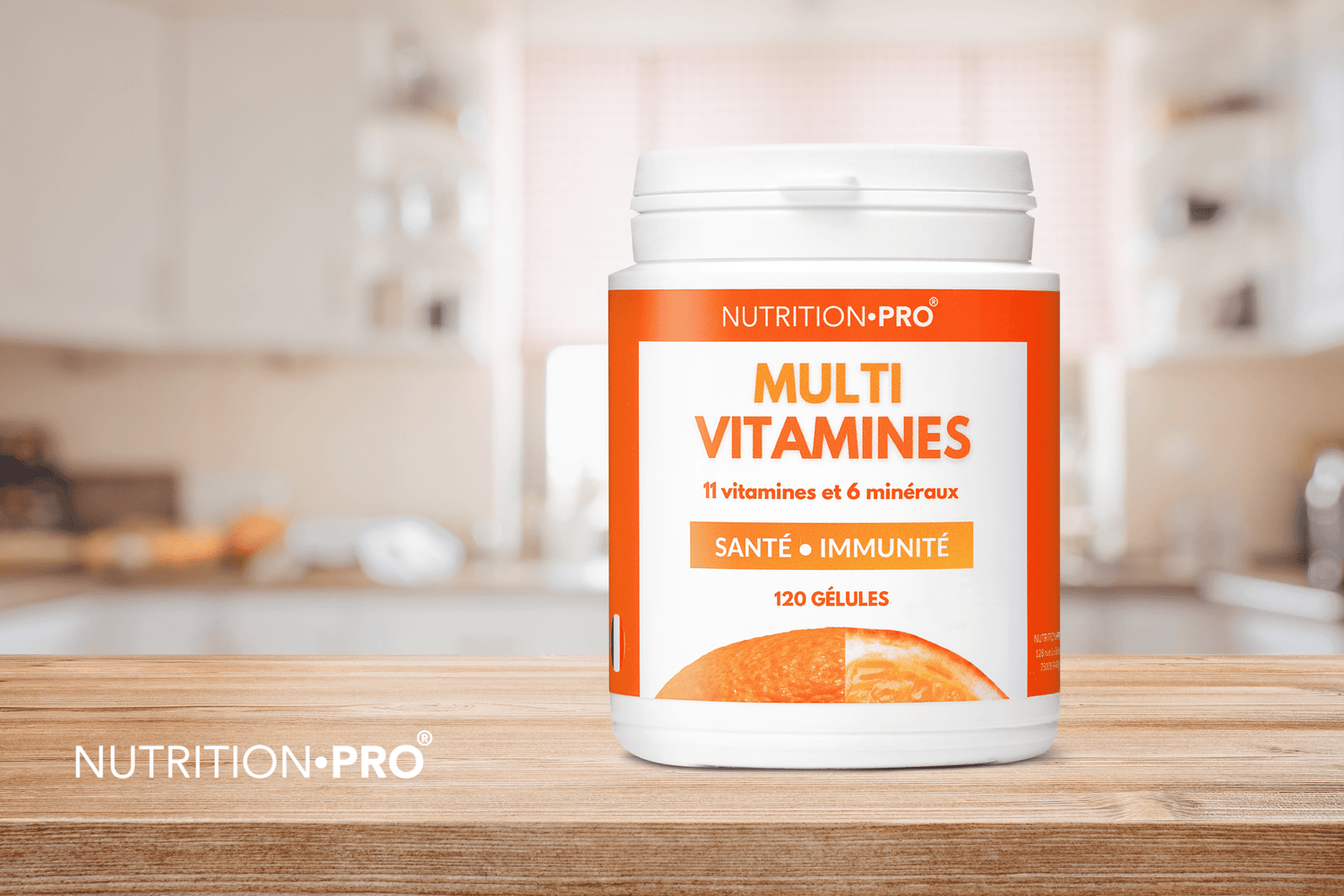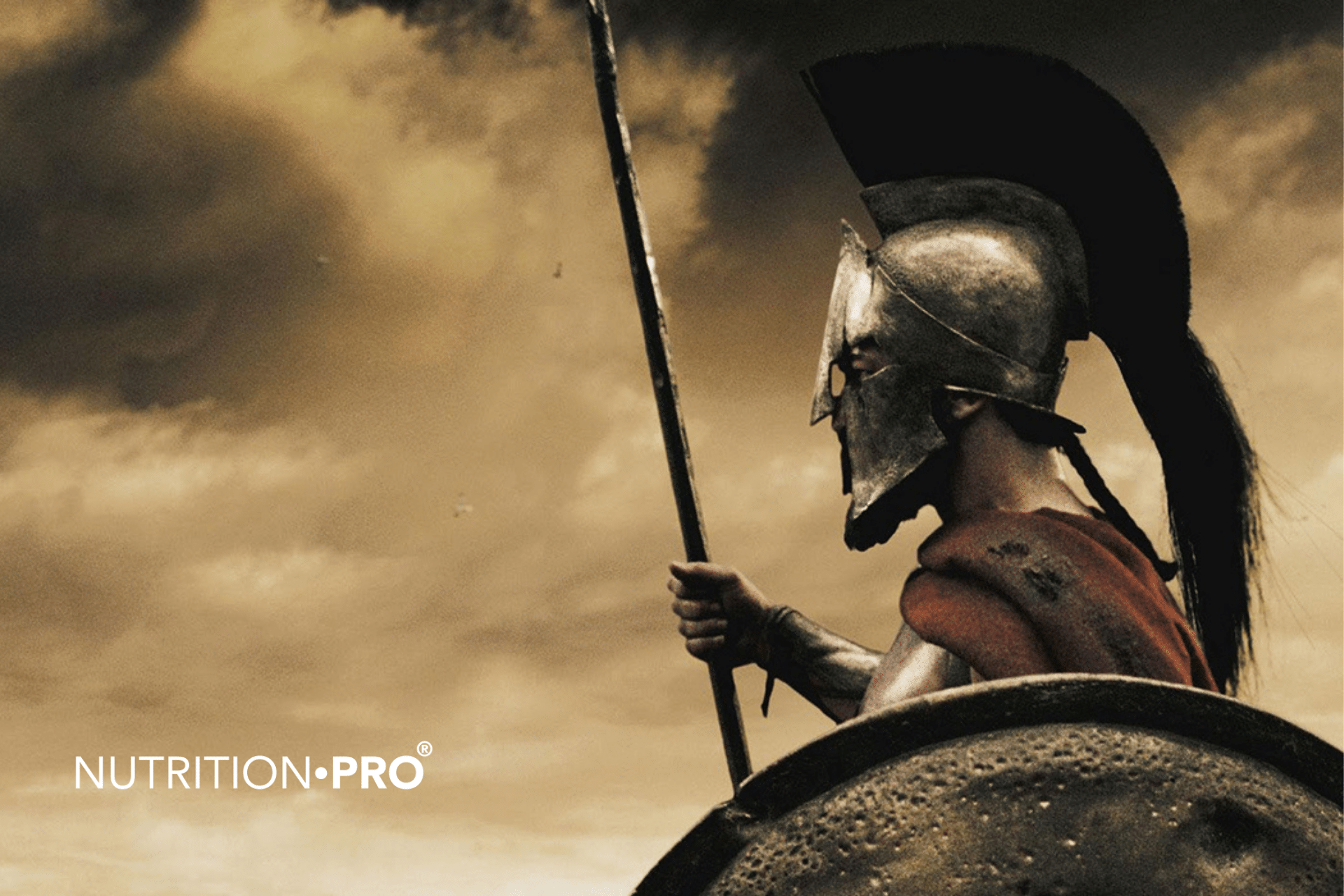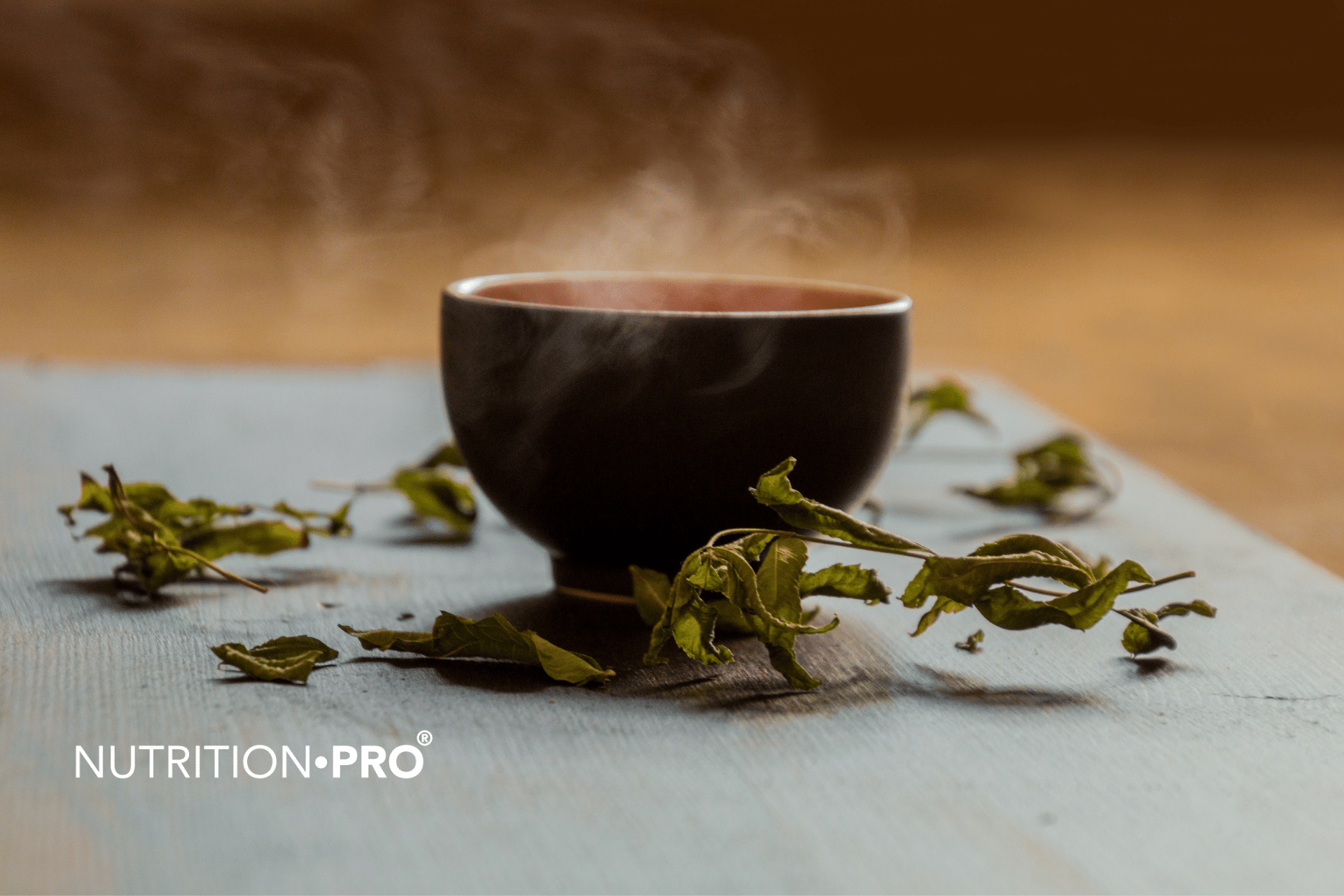The human body needs 13 vitamins (plus minerals) ranging from vitamin A to zinc.
But which are essential when you lead an active life or when you feel tired regularly?
Most people who take a supplement of multivitamins and minerals on a daily basis feel in better shape, especially in winter.
Almost 99% of the human body is made up of oxygen, hydrogen, carbon, nitrogen, calcium and phosphorus. We also have potassium, sodium, sulfur, chlorine and magnesium in our body composition.
All 11 of them are considered necessary for life. And there are 13 vitamins in the human body, four of which are fat-soluble (vitamin A, D, E, and K) and nine that are water-soluble (the eight B vitamins and vitamin C).

Discover our Multivitamins by clicking here
What are the essential vitamins that our body needs?
1. Vitamin A
Vitamin A plays an important role in cell growth and development. It also promotes healthy skin, hair, nails, gums, glands, bones and teeth; prevents night blindness and may help prevent lung cancer.
Where to get vitamin A : Salmon, other cold water fish, egg yolks, fortified dairy products.
2. Vitamin D
As an essential vitamin, vitamin D promotes calcium absorption and builds and maintains strong bones and teeth.
Where to get vitamin D : Fortified milk, fortified soy/rice beverages, butter, egg yolks, oily fish, fish liver oil; produced by the body when exposed to the sun.
3. Vitamin E
Vitamin E protects fatty acids; maintains muscles and red blood cells; and serves as an important antioxidant.
Where to get vitamin E : Eggs, vegetable oils, margarine, mayonnaise; nuts, seeds, fortified cereals.
4. Vitamin K
Vitamin K is an essential vitamin for your body. Your body needs it for proper blood clotting.
Where to get vitamin K: Spinach , broccoli, green leafy vegetables, liver.
5. Vitamin C
Vitamin C , found in citrus fruits, is an essential and important vitamin for your body.
Why do you need vitamin C: It strengthens the walls of blood vessels; promotes wound healing and iron absorption; helps prevent atherosclerosis; supports immunity; serves as a key antioxidant.
Where to get vitamin C: Citrus fruits, fruit juices, melons, berries, peppers, broccoli, potatoes.
6. Vitamin B1
Vitamin B1 is important for maintaining a healthy metabolism. It also helps maintain normal digestion, appetite and proper nerve function.
Where to find vitamin B1: Pork , legumes, nuts, seeds, fortified cereals, cereals.
7. Vitamin B2
Vitamin B2 is essential for energy metabolism. It also aids adrenal function, supports normal vision and helps maintain healthy skin.
Where to find vitamin B2: fortified cereals, cereals, lean meat, poultry, dairy products, fortified soy/rice beverages, raw mushrooms.
8. Vitamin B3
Vitamin B3 is important for the body. It is used to metabolize energy and promote normal growth. In high doses, vitamin B3 can also lower cholesterol.
Where to get vitamin B: Lean meats, poultry, seafood, milk; eggs, legumes, enriched breads, cereals.
9. Vitamin B5
Although it is one of the essential vitamins, vitamin B5 is relatively easy to find.
It promotes energy metabolism and normalizes blood sugar levels.
Where to get it: Almost all foods contain vitamin B5.
10. Vitamin B6
Vitamin B6 is an essential vitamin for good health. It promotes protein metabolism, carbohydrate metabolism and energy release. It also plays a role in the proper functioning of nerves and the synthesis of red blood cells.
Where to get vitamin B6: Meat, fish, poultry, grains, cereals, bananas, green leafy vegetables, potatoes, soy.
11. Vitamin B7
Vitamin B7 (also known as biotin) is an essential vitamin that plays an important role in maintaining a healthy metabolism.
Where to find vitamin B7: egg yolks, soybeans, whole grains, nuts, yeast.
12. Vitamin B9
Vitamin B9 is an essential vitamin and is especially important for pregnant women.
Why do you need vitamin B9: To manufacture DNA, RNA, red blood cells and to synthesize certain amino acids. Vitamin B9 is also important for pregnant women, as it helps prevent birth defects.
Where to get vitamin B9: Liver, yeast, leafy green vegetables, asparagus, orange juice, enriched flour, avocado; legumes.
13. Vitamin B12
Vitamin B12 makes red blood cells, DNA, RNA and myelin for nerve fibers.
Where to get vitamin B12: All animal products.
The most important vitamins and minerals for athletes
When you are athletic and active, some of these vitamins and minerals become even more important.
1. Calcium
One of them is calcium (which regulates muscle contractions, supports bone strength and helps control blood pressure).
Your body excretes calcium when you sweat during training, and you, if you're building muscle tissue, might need more of it to begin with. It can be difficult to get enough calcium from food, so consider taking a daily supplement .
2. Iron
The iron is another important mineral for athletes, as it helps carry oxygen around the body.
Adult women can often be iron deficient, due to their menstrual cycle, and vegetarians can find themselves iron deficient if their diet is not good. Exercise can contribute to low iron levels in the body, especially if your workouts are long.
3. Magnesium
Magnesium is part of over 300 enzymes in the body and an important part of energy metabolism and bone density. The problem is that we lose magnesium quickly through sweat, so make sure your diet and supplement routine helps you keep up.
4. Potassium
Potassium is another mineral lost through sweating.
It is a key electrolyte that helps regulate the amount of fluid in your body, lower your blood pressure, and support your muscles and nerves. The good news is that it's relatively easy to rebalance your potassium levels with sports drinks or common diet foods like bananas.
Keep an eye on potassium and other electrolytes if you're an endurance athlete or do long workouts in hot weather.
5. B group vitamins
Vitamin B is a group of micronutrients including vitamins B6 and B12, thiamin, folate and riboflavin.
They help convert protein and sugar into energy, help your body produce red blood cells, and are part of the muscle building and repair process. Intense training will contribute to vitamin B depletion, so it's worth taking a supplement .
6. Vitamin C
Vitamin C is probably one of the best known vitamins in supplement form.
It is important for a healthy immune system, especially when your body is under stress. Consider taking a supplement containing vitamin C when you train hard, diet, or enter a time of year when you typically have a cold.
7. Vitamin D
Vitamin D is essential for supporting healthy bones, a strong immune system, and overall good health.
It even helps mitochondria in muscles to regenerate energy during muscle contractions. But our body can only get it from decent exposure to sunlight (it can also get it from certain foods, but that's a big ask).
So get sunlight on your skin every day if you can. Alternatively, take a daily vitamin D supplement .
8. Vitamin E
Vitamin E is an antioxidant that can help your immune system reduce your chances of suffering from annoying coughs and colds throughout the year. If you follow a low-fat diet, you run the risk of missing out on this oily antioxidant. A supplement is a smart way to take controlled doses each day.
9. Zinc
We don't need a lot of zinc, but it's essential for a huge range of things in the body, including the proper functioning of the immune system.
Zinc is part of over 300 enzymatic processes in the body. Getting enough zinc in your daily diet promotes oxygen uptake, which means you can work harder for longer.
If you eat a lot of animal protein, you are unlikely to be deficient in zinc. But it's a good choice to take with magnesium and B vitamins.
What are the daily intakes of vitamins and minerals?
Like most recommendations, AJR numbers aren't set in stone, but they're a good indication.
- Calcium 1000mg per day
- Folate 400 μg
- Iron 18mg
- Magnesium 400mg
- Potassium 1600 to 2000mg
- Riboflavin 1.7mg
- Thiamine 1.5mg
- Vitamin B6 2mg
- Vitamin B12 6 μg
- Vitamin C 60mg
- Vitamin D 400 IU
- Vitamin E 30 IU
- Zinc 8 mg (women), 11 mg (men)
Most of these important vitamins and minerals are found in foods, but getting the right amounts and a combination of them all is a delicate balance.
If you choose to cover your bases with a solid daily vitamin and mineral supplement, take a look at our multivitamin .
We developed it specifically for athletic and active people who need a wide range of vitamins, minerals and antioxidants to support regular training and a healthy body.














